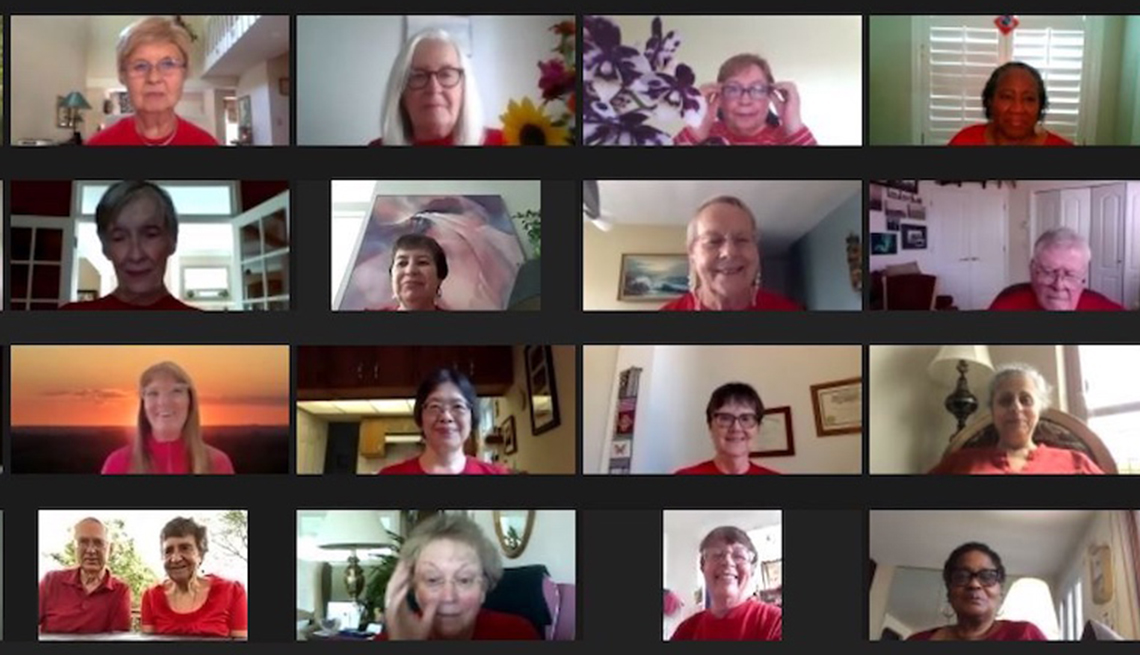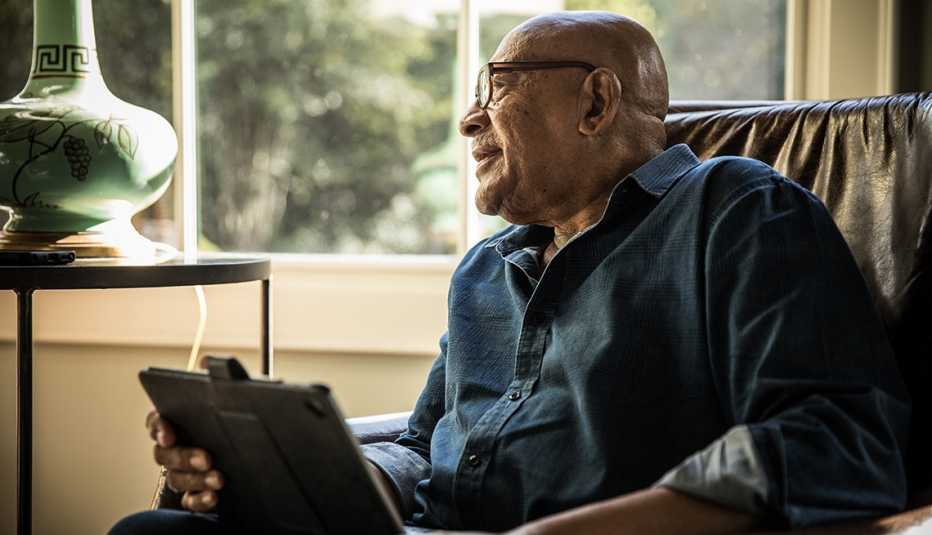Staying Fit
A nonprofit organization that specializes in teaching technology skills to older adults is uniting with AARP to offer its courses to even more older adults nationwide — for free.
Senior Planet and its parent organization, Older Adults Technology Services (OATS), have been working with AARP on projects for a decade or more, including a How to Use Zoom class early in the coronavirus pandemic that drew more than 10,000 participants, says Tom Kamber, executive director of OATS/Senior Planet. Now OATS has joined forces with AARP as an affiliated charity, like AARP Foundation, Legal Counsel for the Elderly and Wish of a Lifetime.


AARP Membership— $12 for your first year when you sign up for Automatic Renewal
Get instant access to members-only products and hundreds of discounts, a free second membership, and a subscription to AARP the Magazine.
OATS will continue to offer its programs independently. AARP will support OATS in expanding its offerings and making them known to a wider audience through AARP’s new Virtual Community Center. The relationship with AARP allows both organizations to help more people learn the computer skills they need now more than ever because so many activities and events are available only online.
Before the pandemic, nearly three-quarters of adults in the United States had high-speed internet access at home, according to recent Pew Research Center data. But that number misses differences among age groups. About 4 of 5 adults ages 50 to 64 had high-speed internet then, higher than the U.S. average, but only 3 of 5 people 65 and older had the same access.
More than a quarter of people 65 and older told Pew researchers that they never went online. Past Pew studies have shown that online use drops even more among those 80 and older.
Tech anxiety transformed
In many cases, older adults lack confidence in their ability to use new devices and software designed to make their lives easier, the Pew researchers found. They watch from the sidelines as younger family members easily adopt new technology, potential employers use code words for age bias to target “digital native” job candidates, and the pandemic increases their isolation because of the COVID danger that meeting friends face to face may bring.




































































